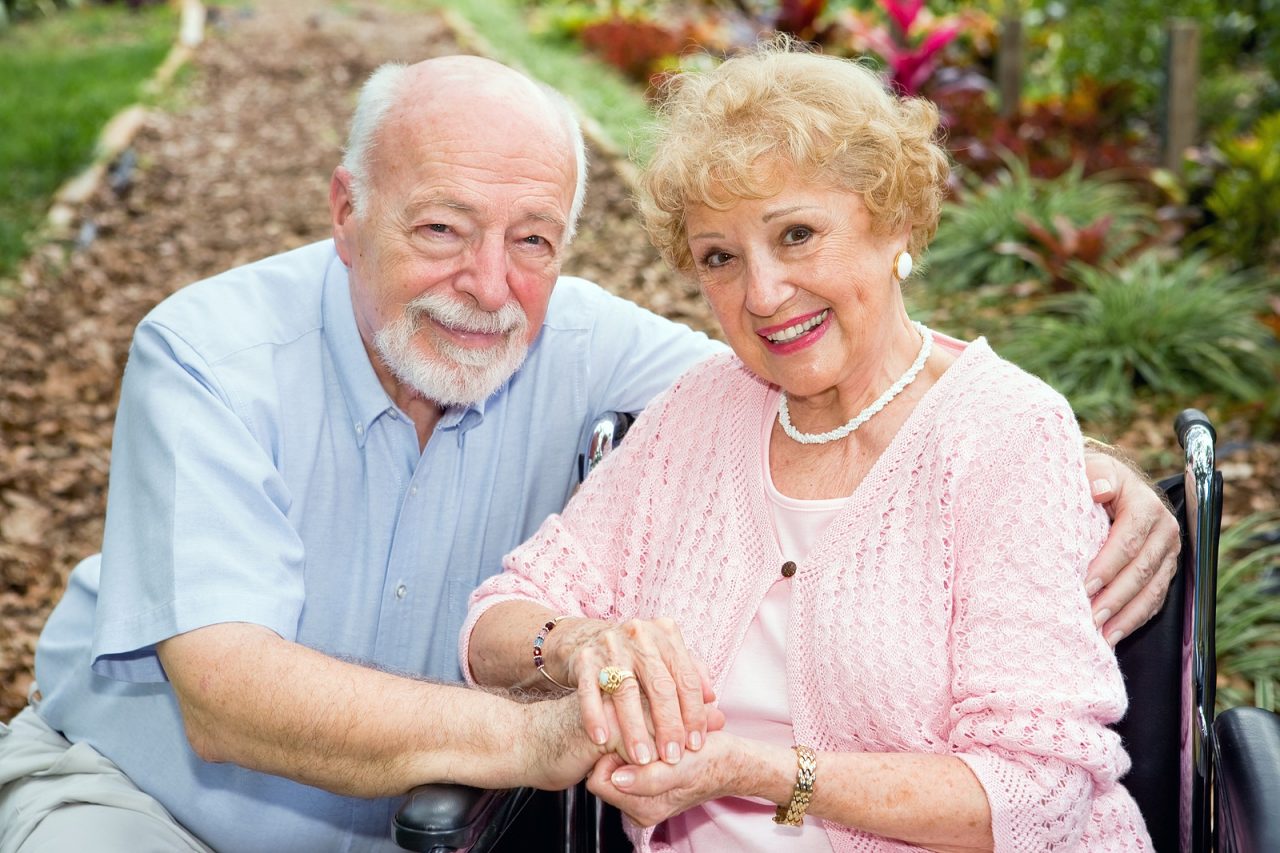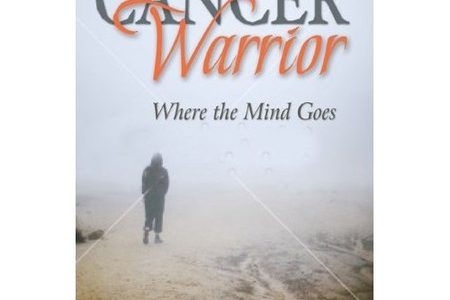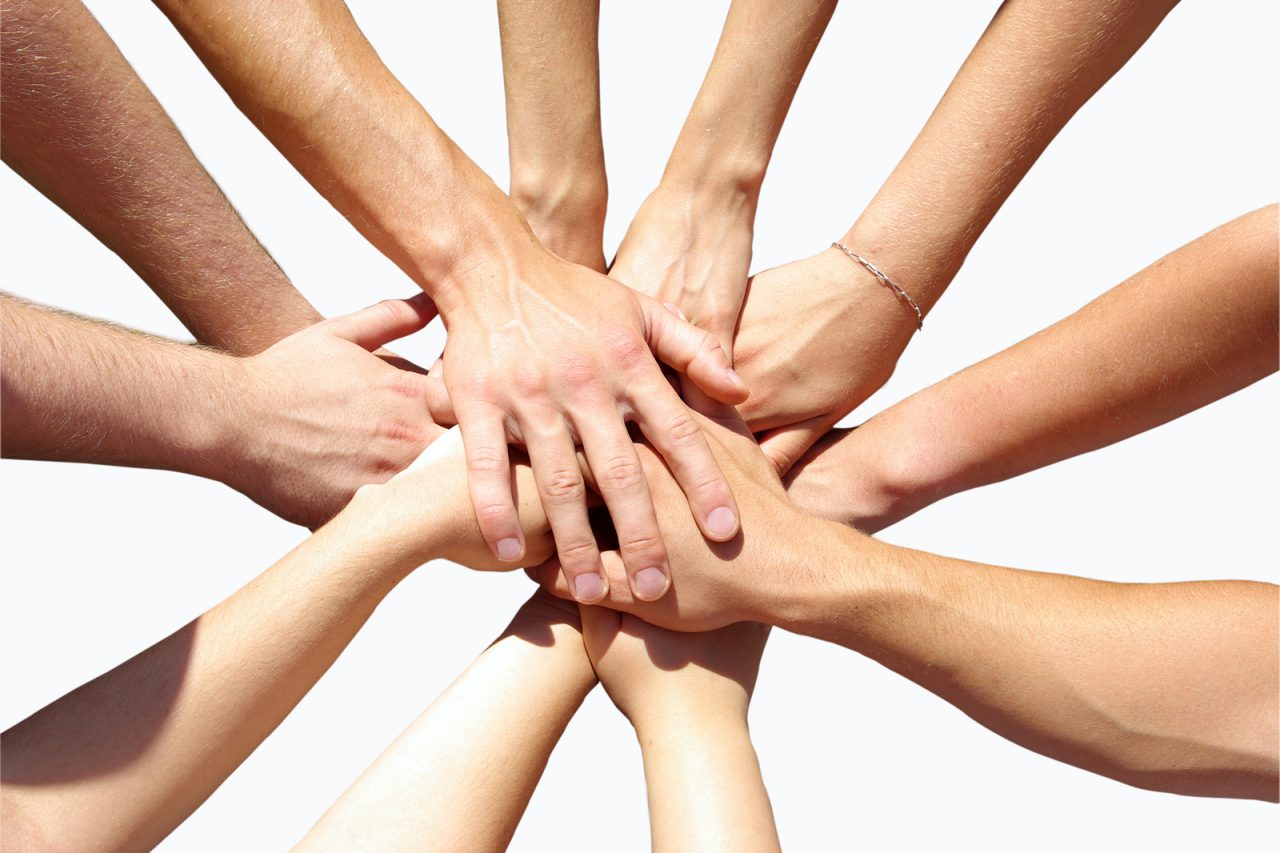“You have cancer.”
You hear the words. Your mind does not understand.
“You have cancer.”
Shock. Distance. Isolation. Someone else. A mistake. A lie. Bizarre, strange, you float above the room. Everyone speaks; nothing is said.
“You have cancer.”
A fog-like curse, a venomous reality, a phantom idea. A cold ghost foreign to the soul. I must run. Escape. Deny. Get away.
Hegira: to take flight to escape. To travel from a place of danger to a place of safety.
To emotionally survive cancer, we must create perspective; distance between the disease and ourselves. How can we run away from our own flesh, bone and blood? How can one flee from an invader, which matches our every step? Patients do it everyday.
Some patients “take control” of their health and lives. There is comfort in becoming an expert in one’s illness. Know the facts, the data, and the choices. Leave one’s body and be a critical observer of decisions and care. The doctor’s defense, clinical distance.
Others abdicate responsibility and knowledge. Do not know. Do not understand. Do not care. Let someone else make the choices. Perhaps the doctor. Or the spouse. Safety by not being involved … in yourself.
A few patients compartmentalize well. “I am only sick when I am at the hospital or clinic.” “I have cancer, but just on Tuesday when I get chemo.” “The cancer is only in my lymph nodes, which means everything else is healthy.”
Other patients immerse themselves in day-to-day life. They work hard or give to others. They create, change, act, lead or follow. “I have responsibilities, I do not have time to be sick.” Their minds fill with social involvement and complex tasks. They focus somewhere else, not in the body. They push down the beast.
There is great peace for many in prayer. The temple, mosque and church lift the burden of disease, which is so heavy and daunting. Prayer mends the soul and gives eternal balance to suffering.
Some patient’s take real journeys, as their bodies allow. They travel the world not to complete some list, but to leave the disease behind. Flooded with new smells, ideas and culture, it is possible to forget illness, if just for a while.
There is healing and perspective in catharsis. Humor purges pain and floods the mind with fresh air and peace. Tears give relief and freedom. We need the comfort, which comes from both laughter and crying; they are two sides of the same feeling.
All of these, and more, are ways of finding peace and distance between life and disease. Every patient does several, combined and at different times. However, it seems to me that the greatest success in obtaining hegira from cancer is from love.
The bond between two persons or among many is the greatest power for healing of all. The connection between husband and wife, child and mother, brother and sister, friend, doctor and even colleague, is the base on which the greatest emotional peace can be achieved.
Love is there at moments of joy and loss. Love holds us when we are weak and celebrates when we are strong. Humans are lifted by the power of love and never is it more wonderful, powerful and important, then when we are weak and sick. Not only does love give comfort, support and guidance, it helps us find our way. Love is the magnificent, gentle guide on our journey to find hegira, together.







9 Comments